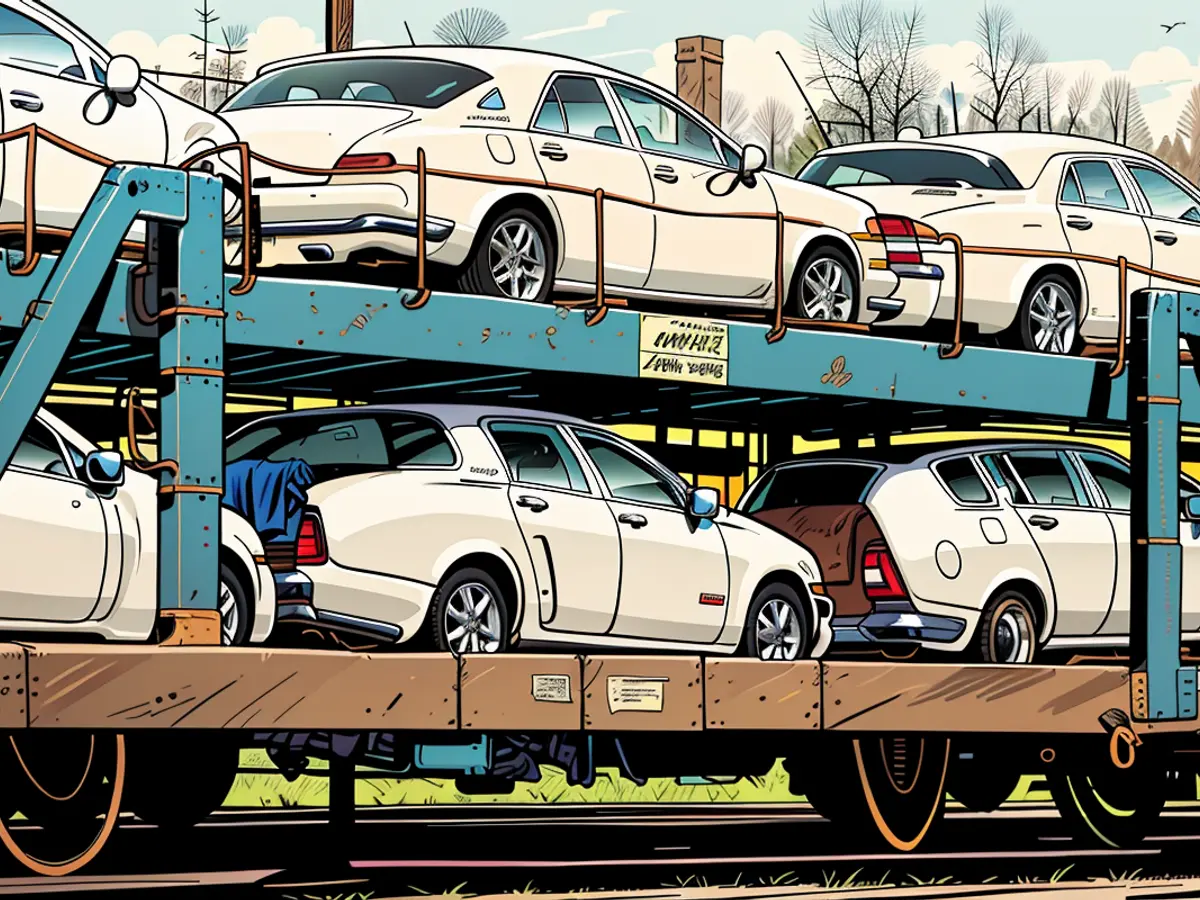- German car industry faces serious location problem
The automotive industry sees the production in Germany at risk due to high energy prices and excessive bureaucracy. "Some plants can only be maintained here because money is earned at locations abroad. We have a serious location problem," said Hildegard Müller, president of the Association of the Automotive Industry (VDA), to the "New Osnabruecker Zeitung" (Saturday). Jobs in Germany can only be maintained if energy becomes cheaper, raw materials are secured, and bureaucracy is reduced.
Instead, the EU, for example, is going down special paths with the Supply Chain Act and building new bureaucratic hurdles. "The federal government must also move from talking to acting, otherwise the creeping deindustrialization cannot be stopped because Germany cannot keep up with production costs," Müller warned. Berlin must put more pressure on Brussels to conclude energy partnerships with Africa, the Middle East, and Latin America, as well as trade agreements. "We won't fail because we can't build good cars anymore. It's all about the framework conditions," Müller said.
The VDA president also called for the withdrawal of the EU tariff on Chinese electric cars. While subsidies in China are a challenge, tariffs are not the right means to protect the industry. "Countermeasures by China and a protectionism spiral would likely hit Germany as an exporting nation the hardest." German manufacturers sell around 100 times more passenger cars in China than Chinese brands in Germany, Müller emphasized in the newspaper interview. The current concern about an electric car flood from the Far East is exaggerated. The talks that the EU Commission is conducting with Peking must be intensified, as there are solutions.
Regarding the weakening market for electric cars, Müller again called for a faster expansion of charging infrastructure. "The most important thing to get e-mobility going again here is charging stations, charging stations, charging stations, and networks, networks, networks!" In more than a third of all communities, there is still no public charging point, and almost three-quarters of all communities have not yet installed a fast-charging point. Truck drivers who want to have fast-charging stations for their electric trucks are told by their network operators: "We can do that in six or eight years." The payment system must also be standardized and simplified so that users can charge at any charging point.
Despite the challenges faced by the automotive industry in Germany, the need for a strategic approach towards China cannot be ignored. The VDA president has advocated for the withdrawal of the EU tariff on Chinese electric cars, acknowledging that subsidies in China are a challenge, but tariffs are not the solution. "Countermeasures by China and a protectionism spiral would likely hit Germany as an exporting nation the hardest," Müller stated, highlighting the significant sales of German vehicles in China compared to Chinese brands in Germany.








